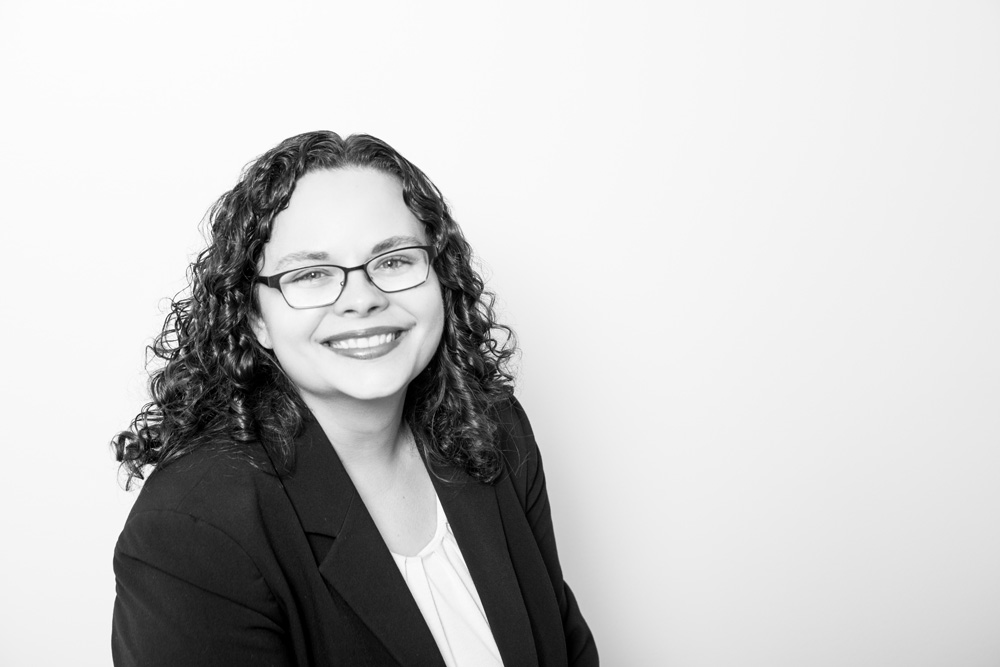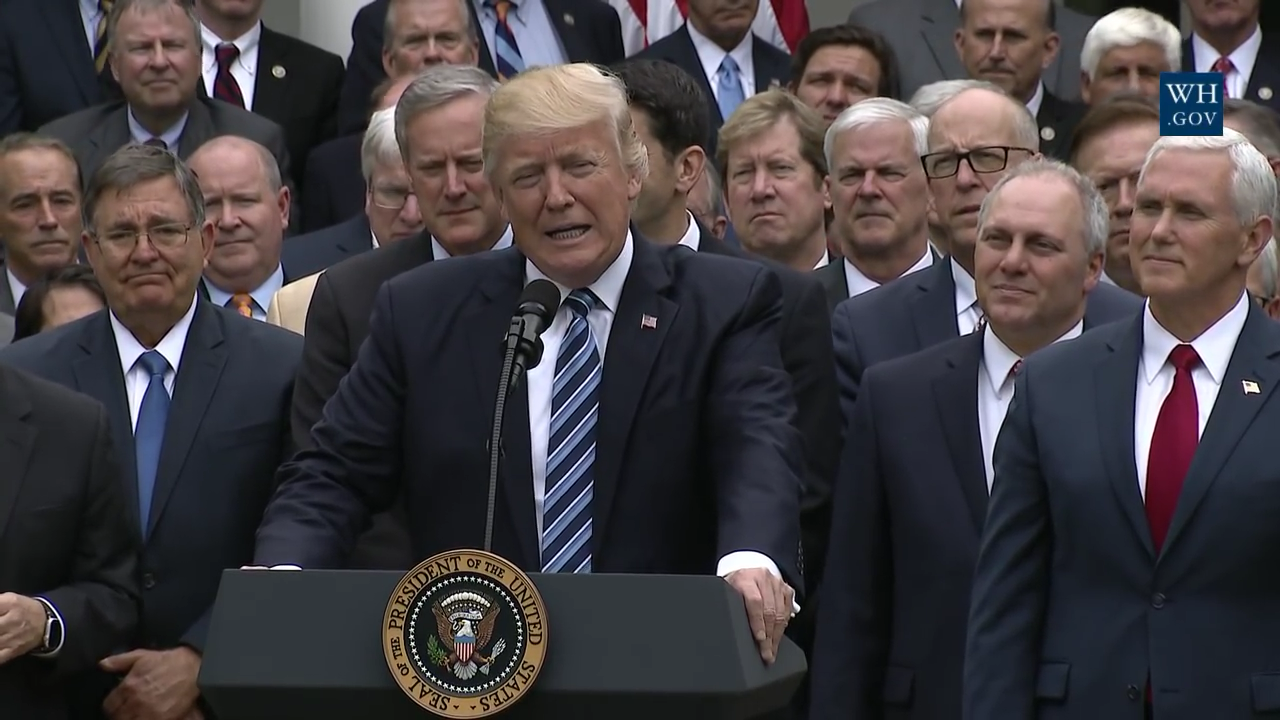Abortion rights, women of color, and LGBTQIA+ people are under attack. Pledge to join us in fighting for gender justice.
Black Women Built That: Marian Wright Edelman, Sophia Bracy Harris, and Lenice C. Emanuel
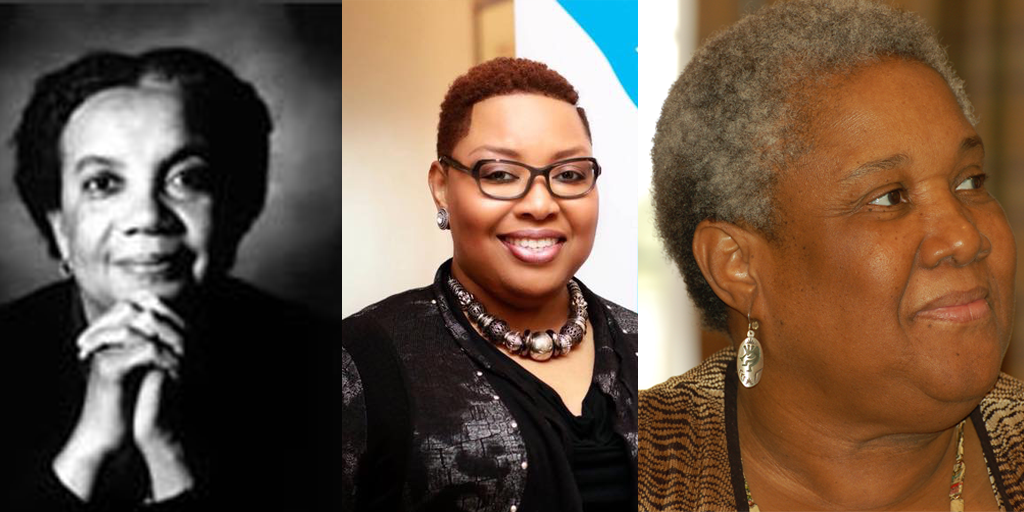
In honor of Black History Month, “Black Women Built That” is a series celebrating Black women leaders who have shaped our social, political and cultural life. Without their contributions, our country would be unrecognizable.
In continuing the “Black Women Built That” blog series, we celebrate the Black women who have built and are continuing to lead the children’s advocacy movement.
Women have long recognized the need to advocate for children’s rights. So this Black History Month, we’re celebrating three Black women who have championed the rights of children and their families at the federal, state, and local level.
Marian Wright Edelman
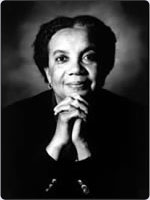 On June 6, 1939, Maggie Leola Bowen gave birth to Marian Wright in Bennettsville, SC. Her father, Arthur Wright, died when she was only 14. Before dying, he said, “Don’t let anything get in the way of your education.” She rose up to the challenge, receiving a Merrill scholarship to study abroad while in college, graduating from Spelman College, earning a Juris Doctor from Yale Law School, and becoming the first Black woman admitted to the Mississippi Bar.
On June 6, 1939, Maggie Leola Bowen gave birth to Marian Wright in Bennettsville, SC. Her father, Arthur Wright, died when she was only 14. Before dying, he said, “Don’t let anything get in the way of your education.” She rose up to the challenge, receiving a Merrill scholarship to study abroad while in college, graduating from Spelman College, earning a Juris Doctor from Yale Law School, and becoming the first Black woman admitted to the Mississippi Bar.
After working for the National Association for the Advancement of Colored People (NAACP) in New York City and then Mississippi, Edelman moved to Washington, D.C. to serve as counsel for the Poor People’s March on Washington. After Martin Luther King, Jr. was assassinated, Edelman assumed a larger role in organizing the march.
Marian Wright Edelman has spent her entire career advocating for children. Early in her career, Edelman played an instrumental role in implementing Head Start in Mississippi as part of the War on Poverty. While advocating at the state and local level, Edelman realized the importance of the role of the federal government to ensure all children have a fair start in life.
In 1973, Edelman founded the Children’s Defense Fund (CDF) and has since played a major role in the enactment of major legislation for children. Edelman’s use of groundbreaking advocacy tactics at the time such as putting posters at bus stops, riveting use of video, putting ads in newspapers, reaching out to media, and collecting essential data helped gain the support of the country around the fight for children and their families. She built networks of state and local advocates to urge their Members of Congress to support children’s legislation and brought children to Capitol Hill to lobby alongside her, unafraid to take whatever measure necessary to defend the rights of all children. Time quotes Senator Edward Kennedy describing Edelman as the “101st Senator on children’s issues.”
Her innovative advocacy strategies led to the passage of the 1971 Comprehensive Child Development Act, which unfortunately was vetoed by President Nixon. CDF led the effort to enact Child Welfare Reform legislation. They then led the Alliance for Better Child Care in 1987 that resulted in the enactment of the 1990 Act for Better Child Care, which established the Child Care Development Block Grant. Throughout the 1980s and into the 90s, Edelman advocated for the expansion of Medicaid for pregnant mothers and young children and led the successful fight for the State Children’s Health Insurance Program (SCHIP). CDF also played a major role in the growth of Head Start and other essential supports for children and their families.
CDF has also created Freedom Schools®, in partnership with local congregations, schools, colleges and universities, community organizations, and secure juvenile justice facilities, to provide summer and after-school reading enrichment for children. These schools focus on giving all children the tools they need to succeed and closing the achievement gap.
Edelman has received distinguished awards including an Albert Schweitzer Prize for Humanitarianism, a MacArthur Genius Award Fellowship, and a Presidential Medal of Freedom.
Sophia Bracy Harris
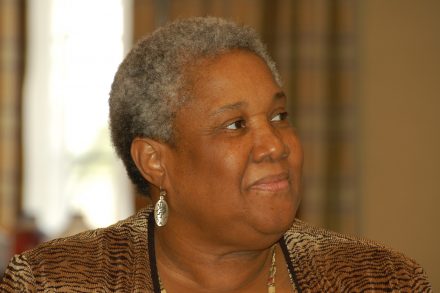 Sophia Bracy Harris shows us what resiliency looks like. She was a shy young woman who at age 15 was one of a handful of Black students to register at the local segregated white high school, Wetumpka High (10 years after the Supreme Court decided Brown v. Board of Education). She was taunted and terrorized by teachers and students, and her family’s home was fire-bombed. Her family of 10 (mom, dad and 8 children) lived in a two room shack used to store hay during the nearly 18 months until construction was completed on another home.
Sophia Bracy Harris shows us what resiliency looks like. She was a shy young woman who at age 15 was one of a handful of Black students to register at the local segregated white high school, Wetumpka High (10 years after the Supreme Court decided Brown v. Board of Education). She was taunted and terrorized by teachers and students, and her family’s home was fire-bombed. Her family of 10 (mom, dad and 8 children) lived in a two room shack used to store hay during the nearly 18 months until construction was completed on another home.
Harris rose above these hardships, received a B.S. in Family and Child Development from Auburn University and an Honorary Doctorate of Humane Letters from Dartmouth College and has dedicated her life to the Federation of Child Care Centers of Alabama (FOCAL), serving as its founding Executive Director. FOCAL, founded in 1972, advocates for children of low-income families with a mission of setting standards for quality care, providing training and professional development, and furthering leadership and economic development in African-American communities.
Under Harris’s leadership, FOCAL advocated for policies to provide access to decent, safe, high quality child care. She served as Vice Chair of the Governor’s/Legislative Task Force, passing 19 pieces of child care legislation; advised the Governor’s Early Learning Commission that created ten-year plan for young children; and served as Governor Siegelman’s appointee to the Southern Institute on Children and Families’ Southern Regional Task Force. In addition, she led FOCAL to author, initiate, or indirectly produced state legislation providing more than $71 million for child care services.
“Children need to be cared for by adults who value them and show they appreciate their worth. My passion was and is to ensure that no child is made to feel ‘less than’ any other person.” – Sophia Bracy Harris
FOCAL stayed a course of challenging racism, exposing beliefs that hold some people superior and others inferior, and encouraging people to see internalized oppression for what it is—believing the flawed messages of this system and thereby aiding in its maintenance by our behaviors and attitudes. To facilitate this work, Harris oversaw the development of the More Is Caught Than Taught (MCTT) Child Care Curriculum Guide, which has been implemented in Alabama, Mississippi, England, and Australia and its community development approach, Communities Act To Create Hope (CATCH).
Harris has received numerous awards, including the CDF Outstanding Advocate for Children Award, a MacArthur Genius Award Fellowship, and Alabama’s First Class Friend for Alabama’s Children Award.
After leading FOCAL for 43 years, Sophia Harris retired in 2015, and Lenice C. Emanuel became the new Executive Director of FOCAL.
Lenice C. Emanuel
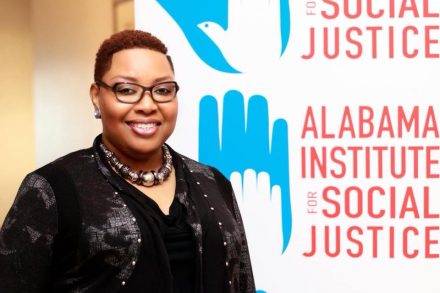 Lenice C. Emanuel grew up in Alabama with parents who marched with Dr. King in the Civil Rights Movement and taught her to see her place in the world. Emanuel received her Bachelor’s Degree in Sociology from Auburn University.
Lenice C. Emanuel grew up in Alabama with parents who marched with Dr. King in the Civil Rights Movement and taught her to see her place in the world. Emanuel received her Bachelor’s Degree in Sociology from Auburn University.
After graduating from Auburn, Emanuel attended a conference with Sophia Harris from FOCAL, where she was introduced to child care advocacy. Since college, Emanuel has respected Harris’s work as a champion for children and families, as well as racial justice. When Emanuel heard about Harris retiring from FOCAL, she aspired to continue Harris’s legacy and bring her own fundraising experience to the non-profit world of child care advocacy.
Before assuming her role as Executive Director of FOCAL in January of 2016, Emanuel served as the CEO of the Tampa Bay YWCA, where she focused on eliminating racism and empowering women. Through her work, she brought together divergent groups within the community to collaboratively solve local issues by communicating with people different from themselves, believing that people can come to understand and love one another this way.
Since becoming Executive Director of FOCAL, now the Alabama Institute for Social
Justice (AISJ), Emanuel has sought to continue the work of Sophia Harris in advocating for children, women, and people of color through leadership development training, advocacy, and increased dialogue about these issues. With an expertise in fundraising, AISJ secured a grant in November from the W.K. Kellogg Foundation that seeks to build a network of child care workers, center owners, parents, and teachers to gain greater community support for increased investment in early learning and child care.
Emmanuel believes that by empowering people to speak for themselves and helping them realize their own worth, they can be their own agents of change.
“People should have a sense of their own dignity and self-worth. We cannot overlook them as their own spokesperson.” – Lenice C. Emanuel
Marian, Sophia, and Lenice have elevated the rights of children and what they and their families need to succeed in Washington, states, and local communities by advocating for a child care and early learning system that works for everyone—children, their families, and providers—creating a stronger country today and in the future.

